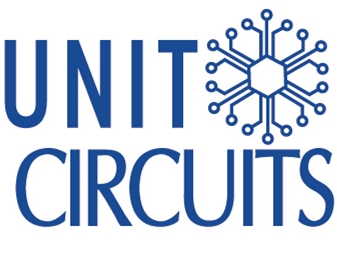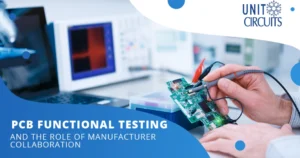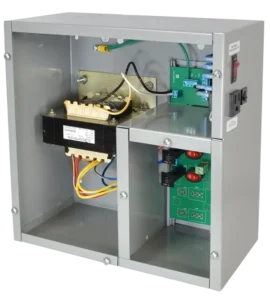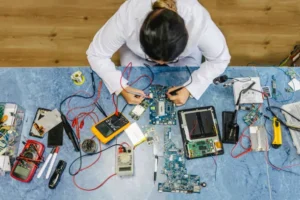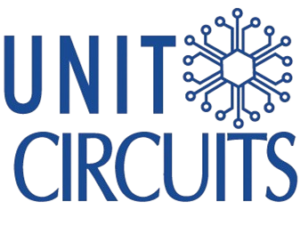Quick Leads
IC Programming in PCB Assembly: A Beginner’s Guide to Understanding and Getting Started
Programming ICs is a must-have skill for anyone working in embedded systems, microcontrollers, or FPGA development. Whether you’re building a microcontroller-based project or designing a custom digital circuit with an FPGA, you need to know the basics of IC programming. This guide covers the fundamentals of IC programming, the languages you’ll use, the tools you need, and how to approach the programming process.
What Is IC Programming?
IC programming is the process of writing code that tells an integrated circuit what to do. Usually, this means using special hardware and software to load firmware into programmable ICs, such as microcontrollers or FPGAs. These ICs are the brains behind all sorts of electronics, from simple gadgets to complex embedded systems.
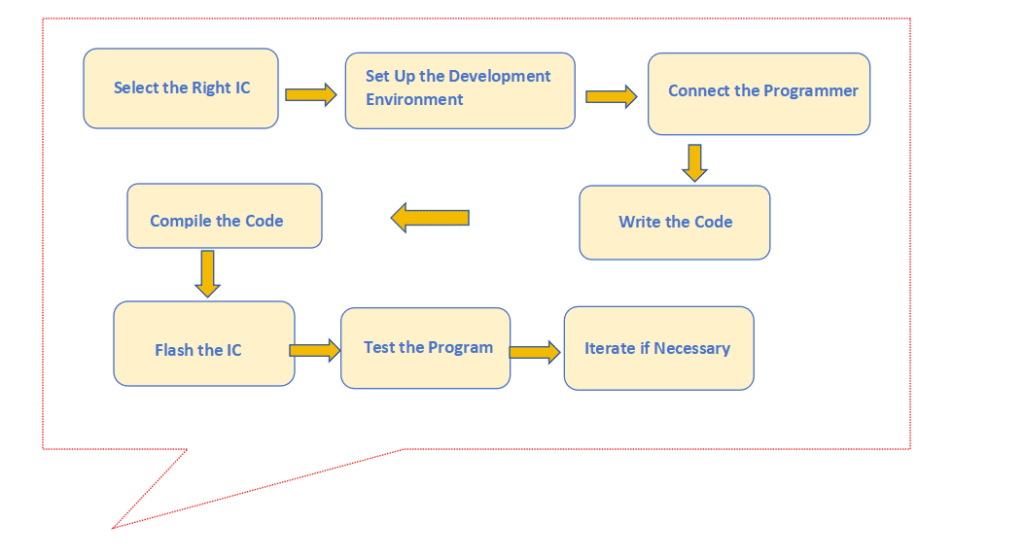
Why Is IC Programming Important?
IC programming is important because it lets you create custom behaviors and functions in electronic devices. By programming ICs, you can design everything from home automation systems to industrial robots. Knowing how to program ICs also helps you debug and optimize embedded systems for better performance.
How Do You Program an IC?
Here are the steps you’ll typically follow to program an IC:
- Choose the Right IC: Choose the right IC for your project. For example, you might need a microcontroller or an FPGA.
- Connect the Programmer: Connect the IC to your computer using a hardware programmer.
- Write the Code: Write code in a programming language like C/C++ (for microcontrollers) or Verilog/VHDL (for FPGAs).
- Flash the IC: Load the compiled code onto the IC using programming software.
- Verify the Program: Verify that the IC is working as expected by using debugging tools like oscilloscopes or logic analyzers.
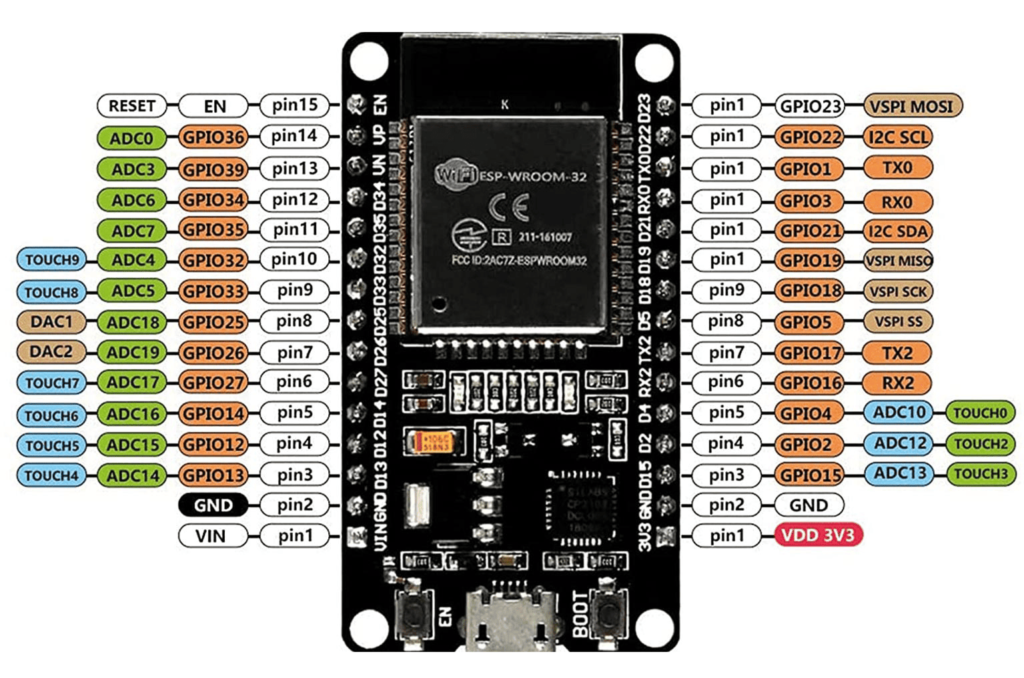
Common IC Programming Languages
The programming languages you use to program ICs depend on the type of IC you’re working with. For microcontrollers, you’ll typically use C or C++. For FPGAs, you’ll usually use Verilog or VHDL.
- C/C++ for Microcontrollers:These languages are great for microcontroller programming because they give you fine-grained control of hardware and let you manage memory efficiently.
- Verilog/VHDL for FPGAs: These hardware description languages are used to program FPGAs and design custom digital circuits.
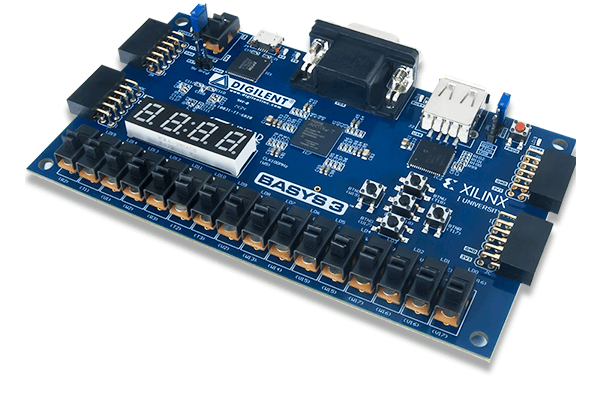
IC Programming Tools
There are a number of tools you’ll use to program ICs. These tools help you write, test, and upload your code to the IC:
- IC Programmers: These devices connect to the IC and let you write firmware onto it.
- Debugging Tools: You’ll need tools like oscilloscopes and logic analyzers to debug IC behavior during programming.
- Software Development Environments (IDEs): You’ll use tools like MPLAB X IDE (for PIC microcontrollers) or Xilinx ISE (for FPGAs) to write and compile your code.

Choosing the Right Programming Language for ICs
The programming language you choose depends on the type of IC you’re working with:
- Microcontrollers (MCUs): Microcontrollers are most commonly programmed using C or C++. You write code in one of these languages, then compile it into machine code that the microcontroller can understand.
- FPGAs: FPGAs are usually programmed using Verilog or VHDL. These are hardware description languages that you use to describe the functionality of the circuit.
Real-World Example: Microcontroller Programming
For example, let’s say you’re building an embedded system that controls a thermostat. You’d program the microcontroller in the thermostat to read temperature sensors and turn the heating or cooling system on and off. In this case, you’d use C or C++ to program the microcontroller, which would then control the thermostat hardware.
What Are Some Common Challenges in IC Programming?
IC programming has its challenges, including:
- Debugging: It can be hard to find and fix problems in your hardware or software if you don’t have the right debugging tools.
- Compatibility: Making sure that your IC, programmer, and development tools all work together can be a challenge.
- Hardware Limitations: Some ICs have limited memory or processing power, so you might need to optimize your code.
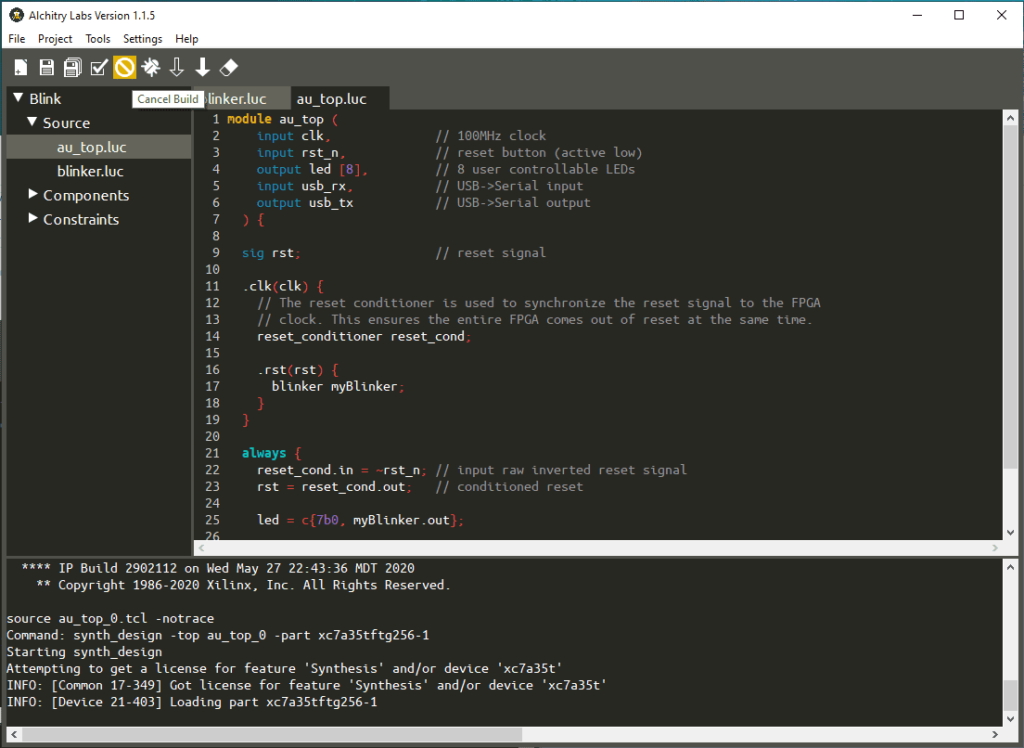
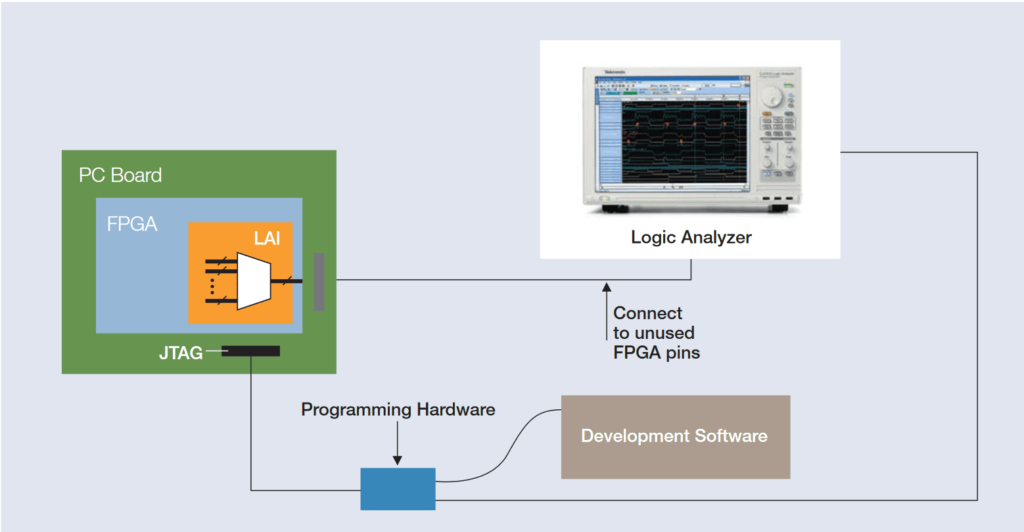
For more information, visit below:
For more insights on Complete Guide on it, check out: IC Programming
Frequently Asked Questions (FAQs)
IC programming means programming integrated circuits (ICs) in general. This can include microcontrollers (MCUs), FPGAs, and other programmable logic devices. Microcontroller programming, on the other hand, specifically involves writing code to control the behavior of microcontrollers—small computers used in embedded systems.
While both involve programming hardware, the tools and languages you use can differ depending on the type of IC you’re programming.
Common errors when programming ICs include:
- Incorrect Pin Configuration: If you don’t set up your input/output pins correctly, your IC won’t work right.
- Compatibility Issues: If your hardware or software versions don’t match up, you won’t be able to load your program onto the IC.
- Code Bugs: If you have logical errors in your code, your IC won’t do what you want it to.
- Inadequate Debugging: If you don’t use the right debugging tools, like oscilloscopes or logic analyzers, it’s harder to find and fix problems.
Some tools are general-purpose and can be used across different IC types, while others are specialized for particular ICs. For example:
- IC Programmers: Universal IC programmers can handle a variety of ICs, such as EEPROMs, flash memory, and microcontrollers.
- FPGA Programmers: To program an FPGA, you need a special tool called a JTAG programmer. It’s designed specifically for programming FPGAs using languages like Verilog or VHDL.
- Microcontroller IDEs: Specialized Integrated Development Environments (IDEs) like MPLAB X (for PIC microcontrollers) or Arduino IDE (for Arduino boards) are designed specifically for certain microcontroller families.
Limited Time Offer:
Get $100 off your order TODAY!
Claim your $100 discount now – this offer won’t last long! Today ONLY!
Don’t miss this chance to save on your next project.
[Hurry! Only 50 discounts remaining!]
 Trusted by 100+ businesses worldwide
Trusted by 100+ businesses worldwide No hidden fees – transparent pricing
No hidden fees – transparent pricing Guaranteed quality with on-time deliver
Guaranteed quality with on-time deliverConclusion
Programming ICs is a must-have skill for anyone working in embedded systems, microcontrollers, or FPGA development. By understanding the tools, languages, and techniques involved, you can create custom behaviors for your projects and solve real-world problems.
With practice, you’ll become proficient in programming ICs and building powerful embedded systems.
Streamline Your PCB Assembly with IC Programming Services
Looking to simplify your PCB manufacturing process? At Unit Circuits, our PCB Assembly Services include seamless IC Programming to meet your project requirements.
Whether it’s microcontroller programming, FPGA development, or custom IC programming, our team ensures precise firmware loading, rigorous testing, and top-notch reliability for your electronics projects.
Request for Quote
RECENT POSTS
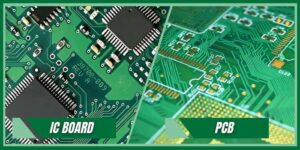
IC Boards Explained: Applications, Layout Tips, and Assembly Services
Discover what IC boards are, how they’re used in modern electronics, and how to design
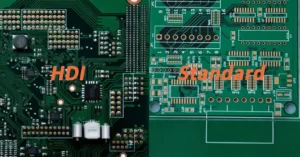
HDI PCB vs Multilayer PCB: How to Choose the Right One for Cost, Signal Integrity & Manufacturing
HDI PCB vs multilayer PCB explained from a manufacturing and assembly perspective. Learn how cost,
RELATED POSTS
Leading PCBA Manufacturer
✅ Assemble 20 PCBAS for $0 ✅ Get $100 OFF – Risk-Free Trial!
✅ 100+ Satisfied Customers
✅ Ensured Quality & On-Time Delivery
✅ Free Trial, No Commitments!
